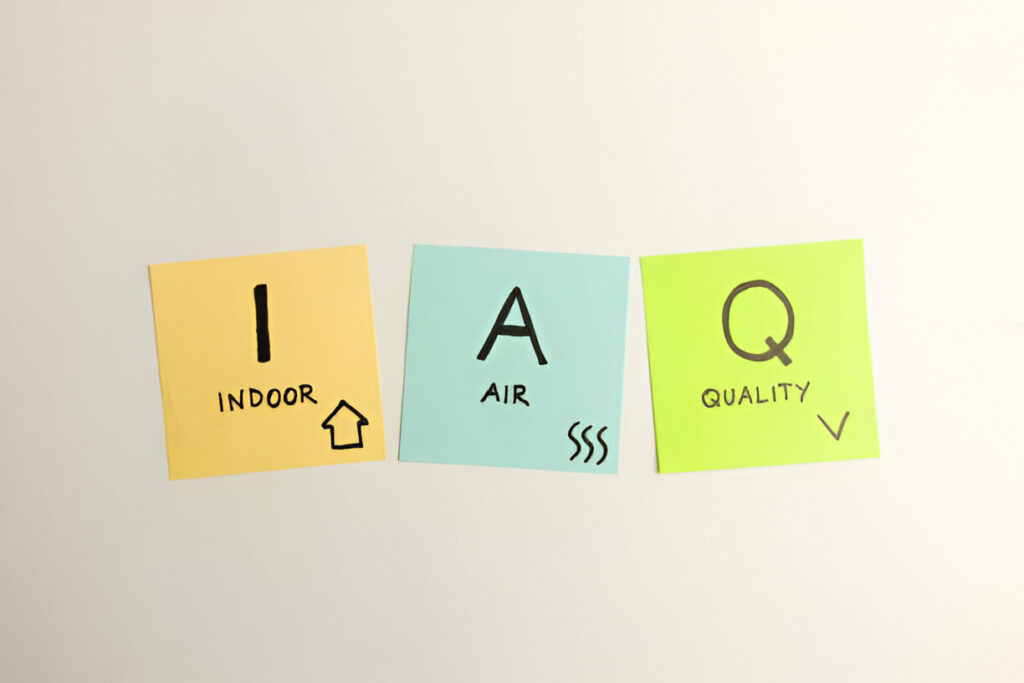Indoor air quality (IAQ) refers to the quality of the air within and around buildings, particularly as it relates to the health and comfort of occupants. In urban areas like Denver, maintaining optimal indoor air quality in Denver is crucial due to a combination of outdoor pollution, climatic conditions, and indoor activities. Poor IAQ can lead to serious health problems, including respiratory diseases, allergies, and even long-term conditions such as chronic obstructive pulmonary disease (COPD).
Key Factors Affecting Indoor Air Quality in Denver
Outdoor Pollution
Denver’s metropolitan area is subject to various outdoor pollutants due to traffic, industrial activities, and seasonal wildfires. These pollutants can enter homes through windows, doors, and ventilation systems, significantly affecting indoor air quality.
Humidity Levels
Denver’s semi-arid climate means that humidity levels are often low. While low humidity can reduce the growth of mold and dust mites, it can also cause respiratory irritation, dry skin, and other health issues. Conversely, overly humid conditions can foster mold growth and dust mites.
Household Activities
Everyday activities such as cooking, cleaning, and the use of certain household products can release pollutants into the air. These include volatile organic compounds (VOCs) from cleaning agents, smoke from cooking, and dust from sweeping or vacuuming.
Building Materials and Furnishings
Materials used in construction and home furnishings can emit VOCs and other pollutants. New carpets, paints, and composite wood products are common sources of indoor air pollutants.
Strategies to Improve Indoor Air Quality in Denver Homes
Ventilation
Proper ventilation is vital for maintaining good IAQ. Use exhaust fans in kitchens and bathrooms to remove moisture and odors. Opening windows periodically can help to exchange indoor air with fresh outdoor air, though this should be balanced with the need to keep outdoor pollutants out.
Air Purification
Investing in high-quality air purifiers can significantly reduce indoor pollutants. Look for purifiers with HEPA filters, which are effective at capturing particles like dust, pollen, and pet dander.
Humidity Control
Maintaining optimal humidity levels (30-50%) is crucial. Use humidifiers during dry seasons to add moisture to the air, and dehumidifiers in damp conditions to reduce humidity. This balance helps prevent both respiratory discomfort and mold growth.
Regular Cleaning
Dust and allergens can accumulate quickly. Regular cleaning routines, including vacuuming with a HEPA-filter vacuum, dusting with damp cloths, and washing bedding in hot water, can reduce indoor allergens.
Houseplants
Certain houseplants can improve indoor air quality by absorbing pollutants. Plants such as spider plants, snake plants, and peace lilies are known for their air-purifying abilities. However, it’s important to keep them free of mold and pests.
Avoiding Indoor Smoking
Smoking indoors releases a variety of harmful pollutants, including particulate matter and toxic gases. To maintain healthy IAQ, smoking should be strictly prohibited indoors.
Regular Maintenance of HVAC Systems
Heating, ventilation, and air conditioning (HVAC) systems play a crucial role in maintaining indoor air quality. Regular maintenance, including cleaning and changing filters, ensures that these systems operate efficiently and effectively. Filters should be replaced every three months or more frequently if there are pets or high pollution levels.
Choosing Low-Emission Products
When renovating or purchasing new furniture and household products, opt for those labeled as low-emission or environmentally friendly. These products release fewer VOCs and other harmful substances, contributing to better indoor air quality.
Monitoring Indoor Air Quality
Investing in an indoor air quality monitor can provide real-time data on various pollutants and help you take immediate action when levels become unhealthy. These devices can measure levels of particulate matter, VOCs, humidity, and carbon dioxide, providing a comprehensive picture of your home’s air quality.
Conclusion
Indoor air quality in Denver is influenced by a combination of outdoor and indoor factors. By understanding these factors and implementing strategies to improve IAQ, you can create a healthier and more comfortable living environment. Remember to ensure good ventilation, use air purifiers, control humidity levels, clean regularly, and maintain your HVAC systems. Additionally, consider the use of low-emission products and houseplants to further enhance air quality. Regular monitoring can help you stay informed and proactive in maintaining a healthy home.



